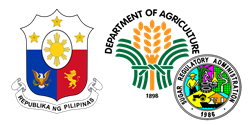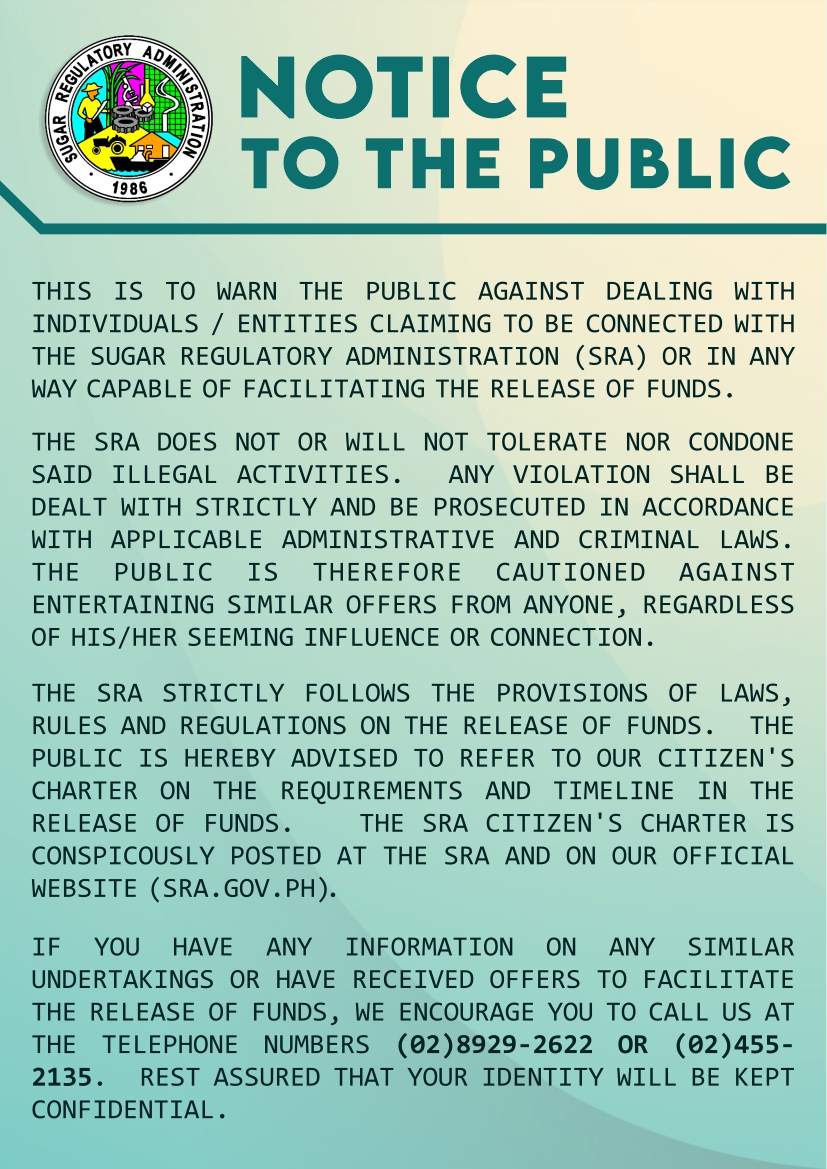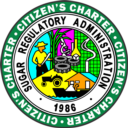SRA Holds Stakeholders' Meeting on Red Striped Soft-Scale Insect Infestation
BACOLOD CITY, Negros Occidental — The Sugar Regulatory Administration (SRA) led a stakeholders’ forum on the Red Striped Soft-Scale Insect (RSSI) Infestation, updating the sugarcane industry on initial findings, solutions, and progress.
RSSI is a sugarcane pest that first emerged in the Philippines in 2022. The pest excretes honeydew that damages a sugarcane’s ability to photosynthesize due to fungal growth, leading to blackened leaves and lower yield.
As of June 2025, more than 1,300 hectares have been validated as infested areas. In response, an inter-agency task force was established to report and monitor the RSSI situation and to implement necessary interventions.
Aside from these responses, SRA, in collaboration with the Negros Island Region’s Department of Agriculture (DA-NIR), the National Crop Protection Center (NCPP), the Bureau of Plant Industry, and other agencies discussed RSSI in detail, priming participants for a stakeholder forum.
SRA Administrator Pablo Luis Azcona said that collaboration amidst challenges was key in solving the infestation. “Since 2022 until early 2025, the RSSI was contained in the Pampanga region. While we possibly know how it reached Negros, we should avoid finger-pointing and focus on finding a solution together: farmers, millers, and researchers,” he said.
Azcona also explained the ramifications of RSSI, emphasizing future controls in plants and planting materials. “In principle, the SRA does not ship any samples of diseased plants to Negros because 65% to 68% of the industry is in it. We don’t want to finger-point, but we need to find a solution. The DA Secretary has told me that we should implement controls from this day forward. This cannot happen again,” he added.
At the Mill District level, continuous field monitoring, information dissemination, technical assistance, and coordination with the Provincial and City Agriculture Offices, local government units (LGUs), the Planters’ Association, and sugar mills are being implemented.
Board Member and Planters’ Representative David Andrew Sanson reminded stakeholders of their responsibility during a time of crisis. “Sadly, one's irresponsibility will lead to the downfall of many. ... Through this stakeholder meeting, stakeholders now know the nature of RSSI and how to control it. The SRA, DA, Office of Civil Defense, and the Bureau of Plants need farmers to cooperate with us by not allowing RSSI to transport to other farms,” Sanson said.
Regional Executive Director of DA-NIR, Officer-In-Charge Jose Albert Barrogo, voiced the support of the Department of Agriculture.
“Secretary Francisco Tiu is clear in his direction and support. We will give our support to the SRA through our office’s programs and collaborative efforts,” Barrogo stated.
Parasitoids and pesticide formulations have shown progress as possible solutions, as presented by the National Crop Protection Center (NCPP).
The stakeholders’ forum produced collaborative inputs from farmers, mill district officers, and representatives from government agencies. Concerns about RSSI’s life cycle and IATF’s coordination were raised and addressed.
It is recommended that farmers practice early detection and proper disposal measures of infected sugarcane, burning of infected plant debris, and avoiding plant transportation as mandated by authorities.







